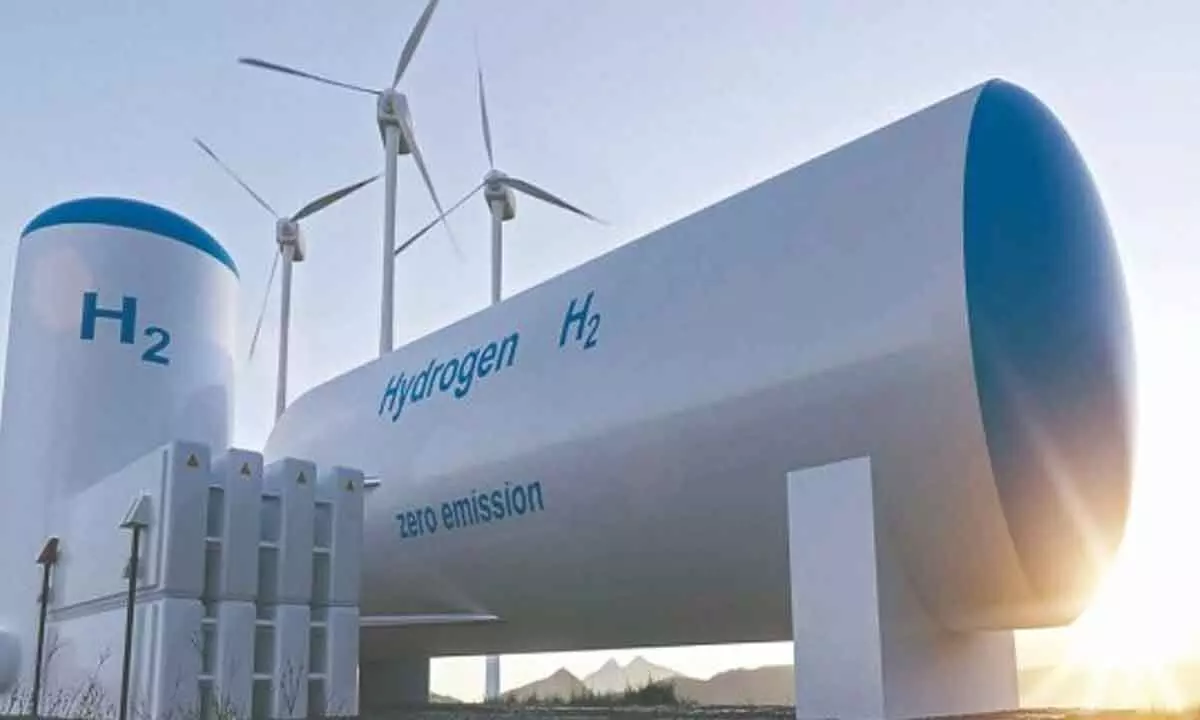Hydrogen mission gets Rs 1,466-cr push
Govt allocates funding to projects strategically designed to tackle sectors, which have been traditionally reliant on fossil fuels
image for illustrative purpose

New Delhi: The central government has allocated Rs1,466 crore for pilot projects of the National Green Hydrogen Mission. The projects have been strategically designed to tackle sectors, which have been traditionally reliant on fossil fuels, official sources told Bizz Buzz.
While an amount of Rs456 crore has been set aside for steel, Rs495 crore is for transport, Rs115 crore for shipping, and Rs400 crore for other projects. The objective is to radically transform these sectors so that new standards are set for sustainability and innovation.
The Ministry of New & Renewable Energy (MNRE) had requested the Ministries of Road Transport & Highways, Steel, and Ports, Shipping & Waterways to send their proposals for the pilot projects in their respective sectors.
On January 4, the Cabinet had approved the National Green Hydrogen Mission with an outlay of Rs19,744 crore from 2023-24 to 2029-30. The overarching objective of the mission is to make India a global hub for production, usage, and export of green hydrogen and its derivatives.
The pilot projects hold the key to innovation and experimentation, the sources said, adding that the MNRE has a large budget for these projects.
A number of green hydrogen pilots are going on in the country and across the world. There are pilots for green steel as well as heavy duty transportation. The government expects that shipping everywhere will go green in about 10 years. This provides an opportunity to India to emerge as a refueling destination for all green ships, since we can offer cheaper green hydrogen, green ammonia, and other green fuel.
This, the sources said, will help fulfill the aims of the National Green Hydrogen Mission. The mission aims to augment green hydrogen production capacity to 5 MMT per annum by 2030. This will reduce our dependence on import of fossil fuels. This will also avert nearly 50 MMT per annum of CO2 emissions.

